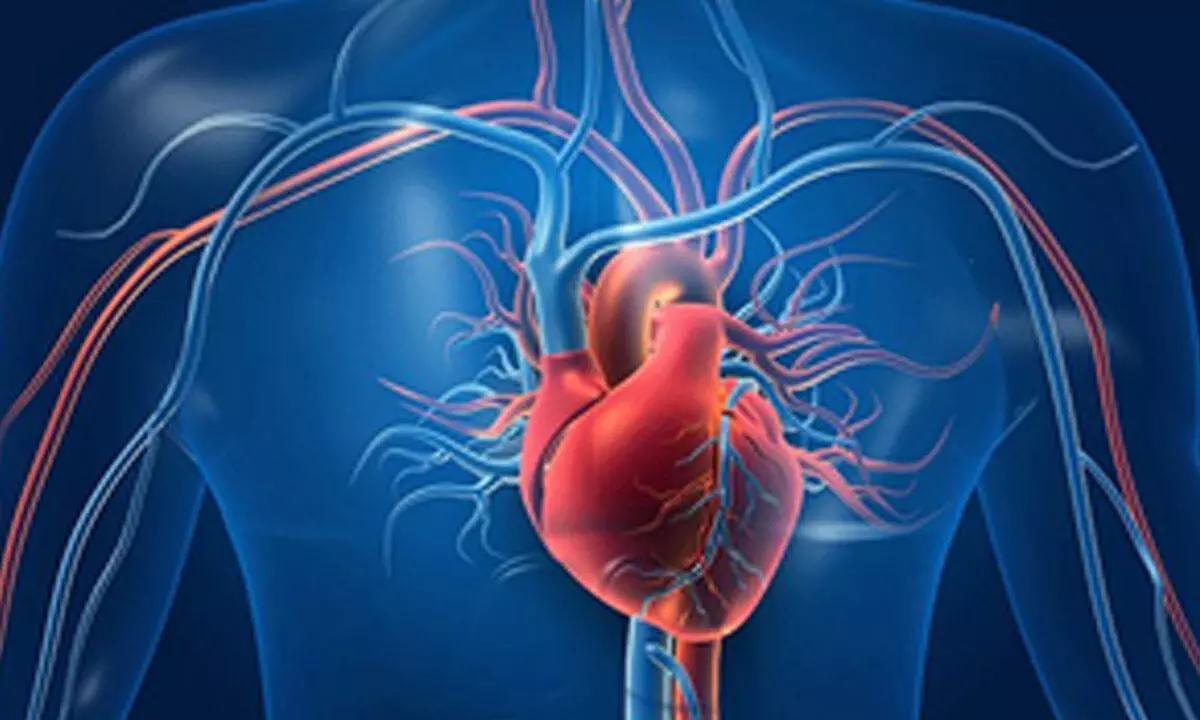Breakthrough research offers hope for treatment of ischemic heart failure
Share :

A global team of researchers has reported a groundbreaking discovery in cardiac regeneration that offers new hope for the treatment of ischemic heart failure.
New York: A global team of researchers has reported a groundbreaking discovery in cardiac regeneration that offers new hope for the treatment of ischemic heart failure.
Published in the journal npj Regenerative Medicine, the study by Baylor College of Medicine in the US, the QIMR Berghofer Medical Research Institute in Brisbane, Australia, and collaborating institutions reveals a novel approach to promoting cardiomyocyte proliferation.
“When the heart cannot replace injured cardiomyocytes with healthy ones, it becomes progressively weaker, a condition leading to heart failure. In this study, we investigated a new way to stimulate cardiomyocyte proliferation to help the heart heal,” said Dr Riham Abouleisa, assistant professor in the Division of Cardiothoracic Surgery at Baylor.
Previous studies showed that calcium plays an important role in cardiomyocyte proliferation.
In the current study, the team explored how modulating calcium influx in cardiomyocytes would affect their proliferation.
“We found that preventing calcium influx in cardiomyocytes enhances the expression of genes involved in cell proliferation,” Abouleisa said.
“We prevented calcium influx by inhibiting L-Type Calcium Channel (LTCC), a protein that regulates calcium in these cells. Our findings suggest that LTCC could be a target for developing new therapies to induce cardiomyocyte proliferation and regeneration,” she informed.
The study demonstrates that both pharmacological and genetic inhibition of LTCC can induce cardiomyocyte replication and that this occurs by modulating the activity of calcineurin, a known regulator of cardiomyocyte proliferation.
This innovative approach showed promising results both in human cardiac slices grown in the lab and in live animals.
The multi-continent collaborations led to a discovery that can revolutionise the use of current medicines that regulate calcium entry to the cells, such as Nifedipine, in heart failure patients, said Dr Tamer Mohamed, co-author and director of Baylor College of Medicine’s Laboratory for Cardiac Regeneration.
The research highlights the importance of targeting calcium signaling pathways to unlock the regenerative potential of the heart and opens new avenues for developing cardiac regenerative therapies, potentially transforming the treatment landscape for patients suffering from heart failure.













